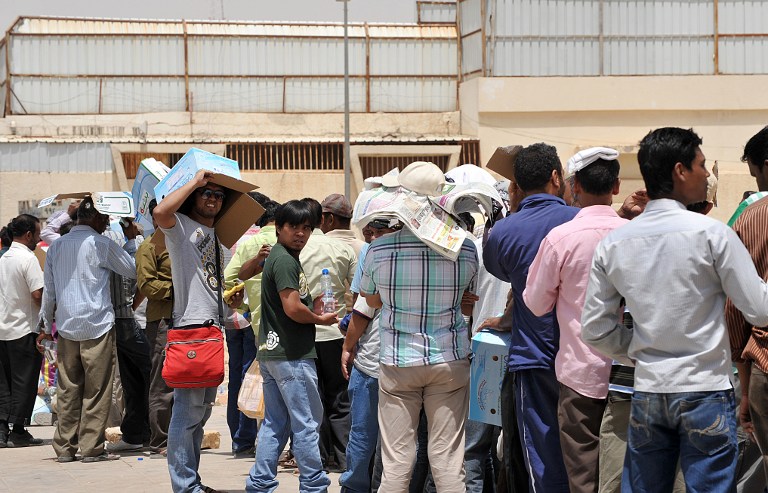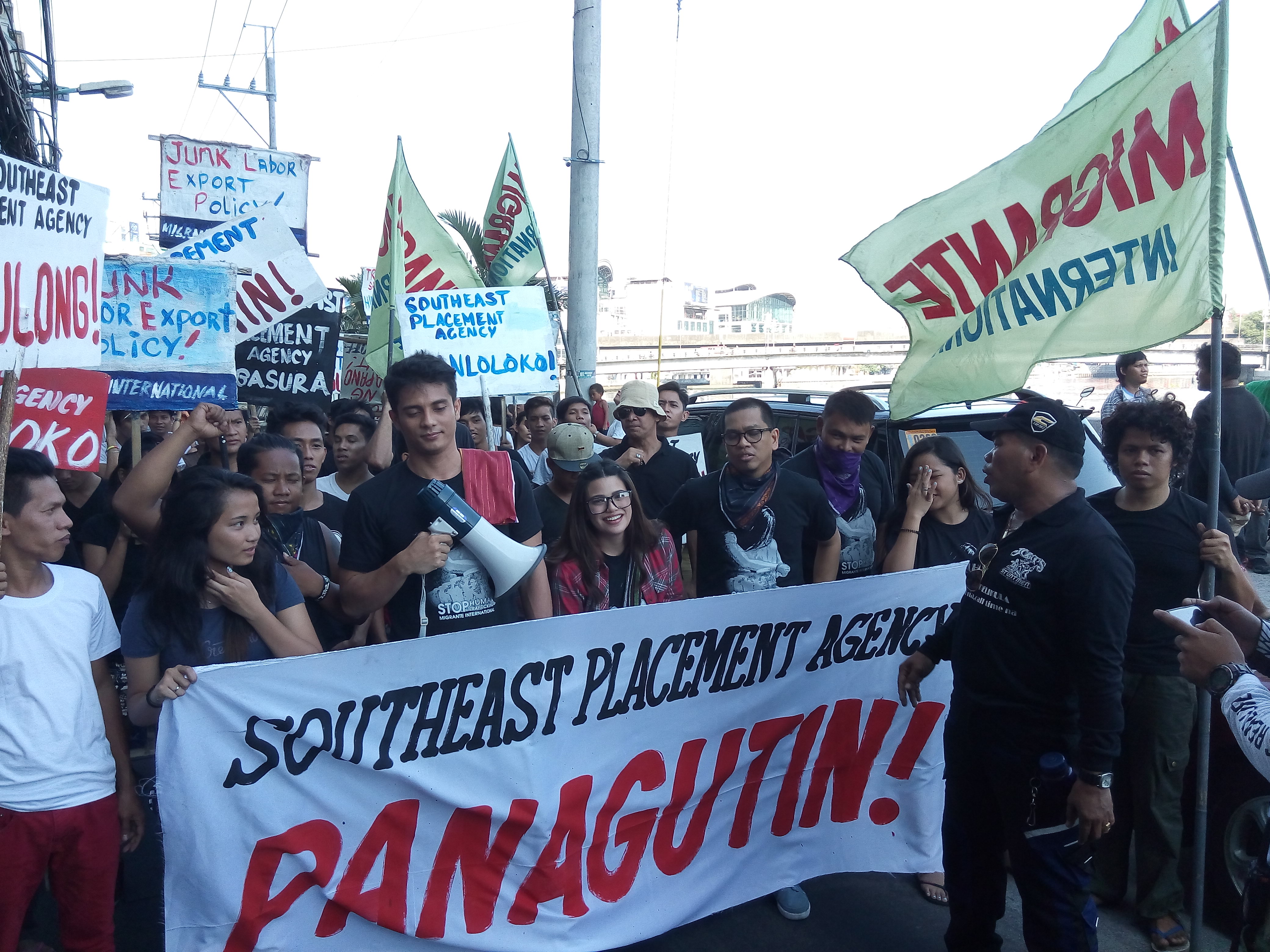
ILOILO CITY, Philippines – Advocacy organizations and civil society groups here committed to use X, Rappler's self-publishing platform, as their main platform for storytelling during the MovePH Network launch on Friday, August 12.
Among the attendees were representatives of the Family Planning Organization of the Philippines – Iloilo (FPOP), Open Arms for Children Inc, Youth First Initiative Inc, BAHAGHARI National LGBT Organization – Visayas, Ten Outstanding Students of the Philippines – Iloilo, Junior Chamber International Iloilo, and the Rotary Club of Iloilo.
"MovePH wants to be the main platform for goodwill in the Philippines. X is our way to help organizations communicate and amplify their advocacies better," MovePH Community Manager David Lozada said.
Iloilo Pride, which was represented during the event, said X is a powerful platform they can use to amplify their stories and get people talking.
“Iloilo Pride aims to put attention to LGBT issues through stories that inspire and empower members of our community. This platform will help our community by providing us a medium to share our stories and create online conversations that tackle LGBT issues,” said Justine Francis Bionat, Vice-chair for Visayas, BAHAGHARI.
MovePH Network was launched in July 2016 to become a community of student organizations nationwide. Since its launch in Metro Manila, the platform has already gathered over 100 student organizations from various universities and colleges, who are now using the platform to spread their advocacies and projects online.
What is X?
X is a free tech platform intended for school publications, student organizations, and civil society groups. The platform enables partner organizations to create their own domains – allowing them to invite writers, artists, and advocates to post content under their publication’s respective pages – free of charge.
Using Rappler’s patented user engagement model, Mood Meter, and Reach; an online proprietary analytics tool, organizations will not only be able to amplify their advocacies but also build and map their networks with other communities across the country.
This will be the beginning of the prospected 3-part collaborative experiment that banks on the learnings from Rappler’s online platform.
FPOP and MovePH ink deal

Iloilo will be the first city outside of Luzon that will take advantage of the online platform. Among its first partners is FPOP's Iloilo Chapter, a reproductive health service provider and an advocate of sexual and reproductive health and rights (SRHR), especially for the poor, marginalized, socially excluded, and underserved.
{source}
<iframe src="https://www.facebook.com/plugins/video.php?href=https%3A%2F%2Fwww.facebook.com%2FDavidBryanLozada%2Fvideos%2Fvb.1817835404%2F10205174698486548%2F%3Ftype%3D3&show_text=0&width=400" width="400" height="400" style="border:none;overflow:hidden" scrolling="no" frameborder="0" allowTransparency="true" allowFullScreen="true"></iframe>
{/source}
FPOP-Iloilo Project Manager Monaliza Diones said that the platform will be of great help for their organization in terms of information dissemination and messaging for their target populations.
“We would like to thank Rappler's MovePH for giving us this opportunity to share our advocacy online. We know that social media is essential, especially that our advocacy targets young people. We hope to share our best practices and learn, as well, from others in the public health and reproductive health community,” added Diones.
Lozada signed a Memorandum of Understanding with representatives of FPOP as partners for the HIV and AIDS advocacy in the region.
FPOP will be using X as a content delivery channel for its press releases, case studies, and date on the HIV epidemic in the region. – Rappler.com
Russel Patina is one of Rappler's Lead Movers in Iloilo.














































